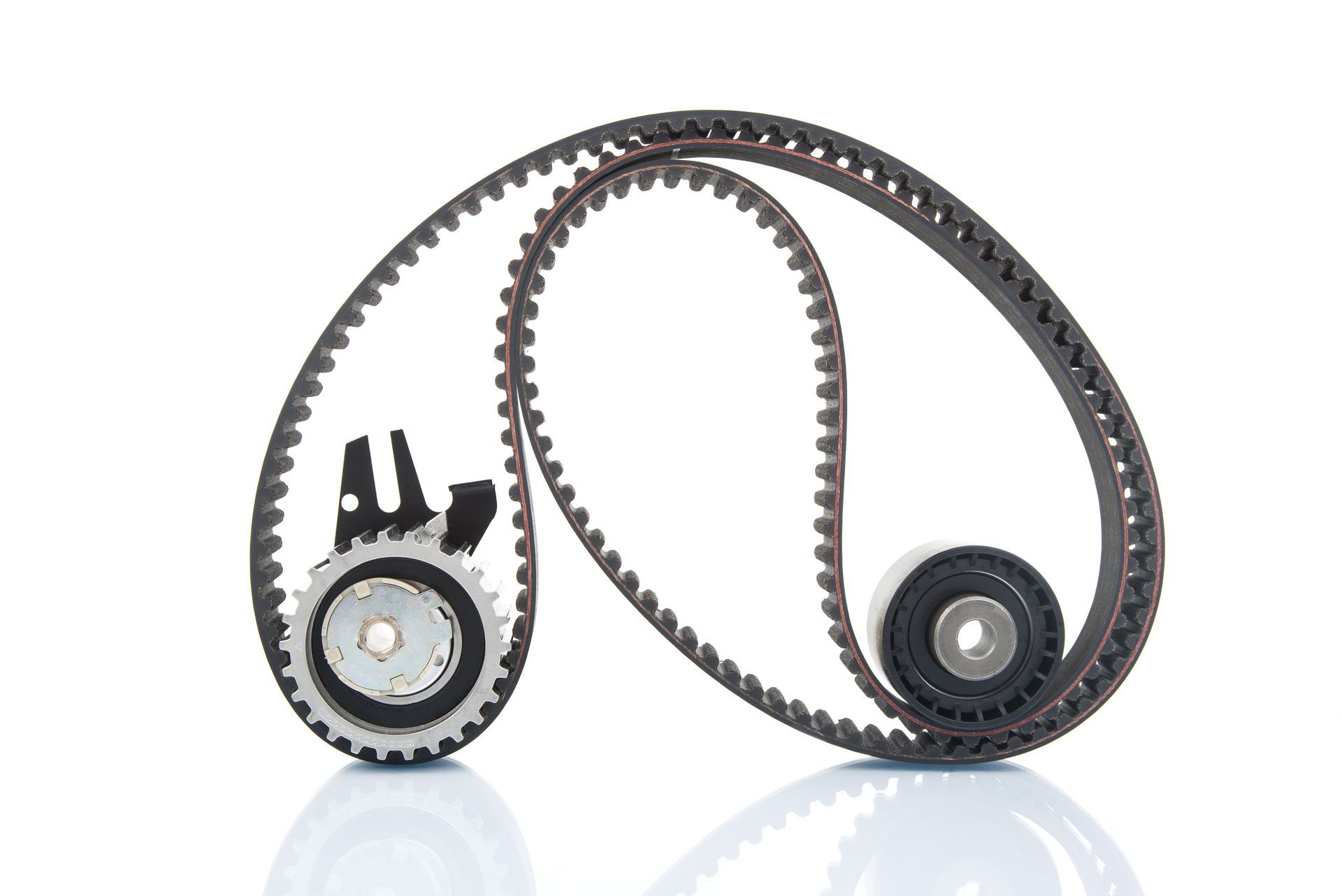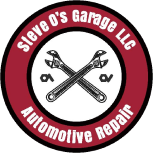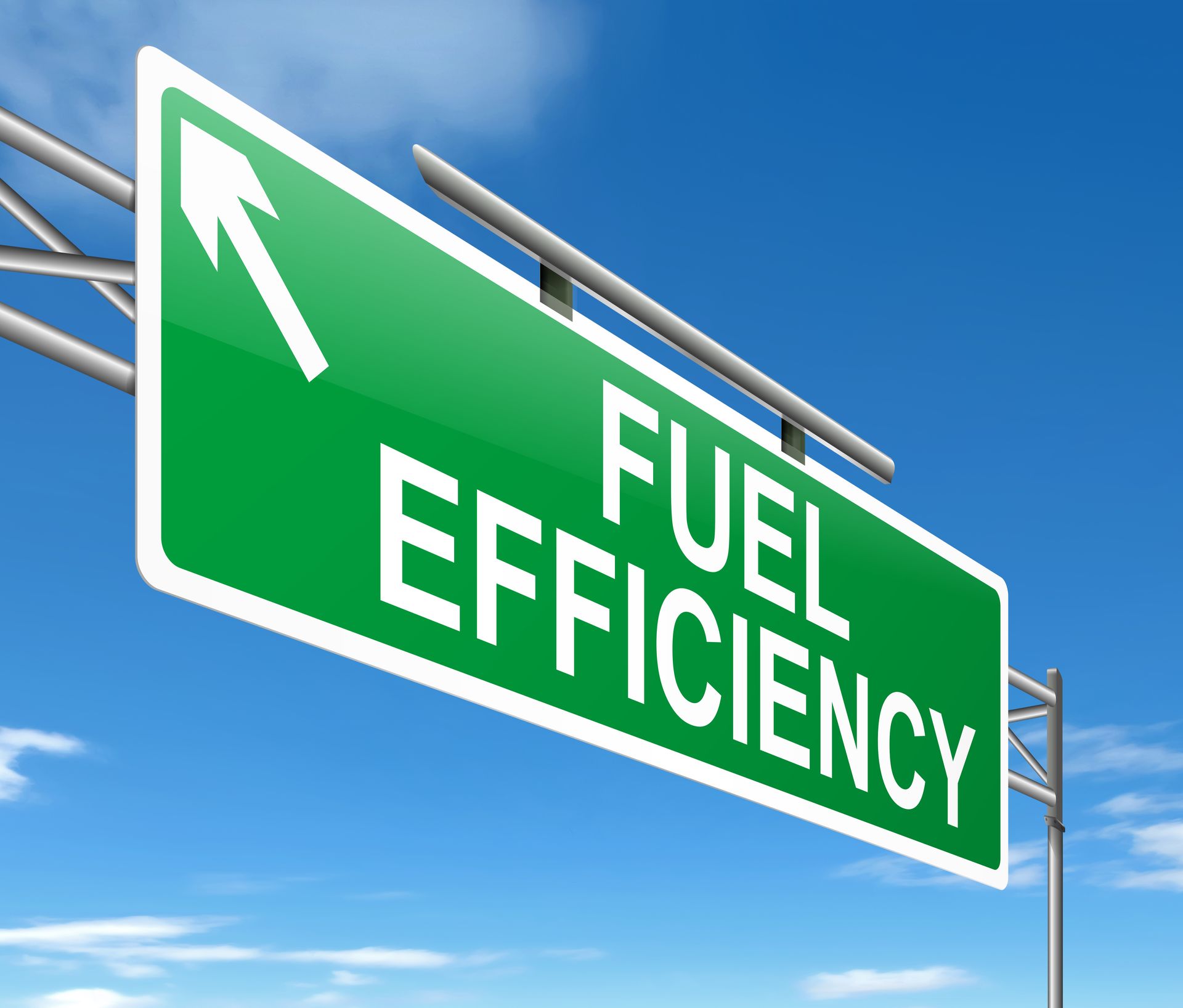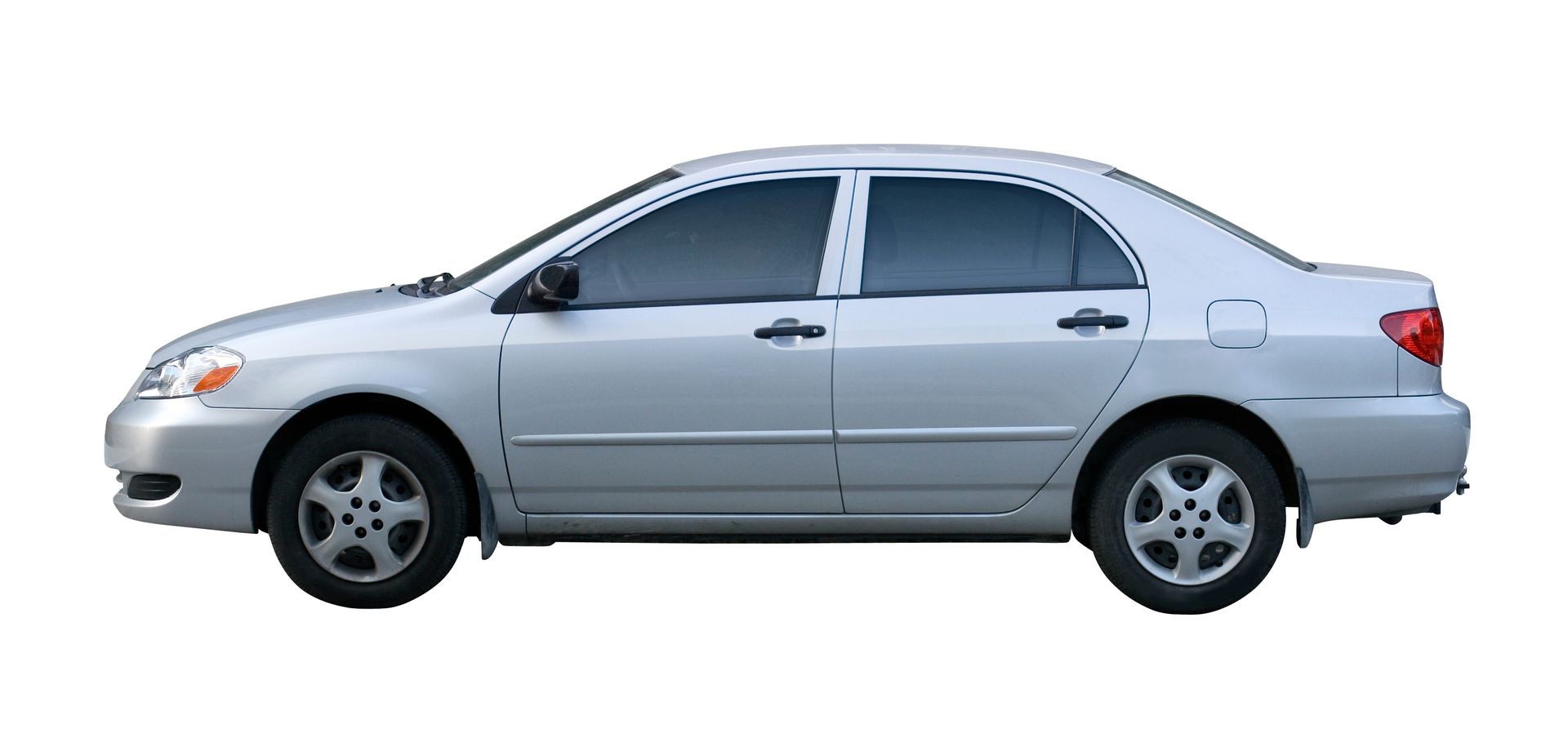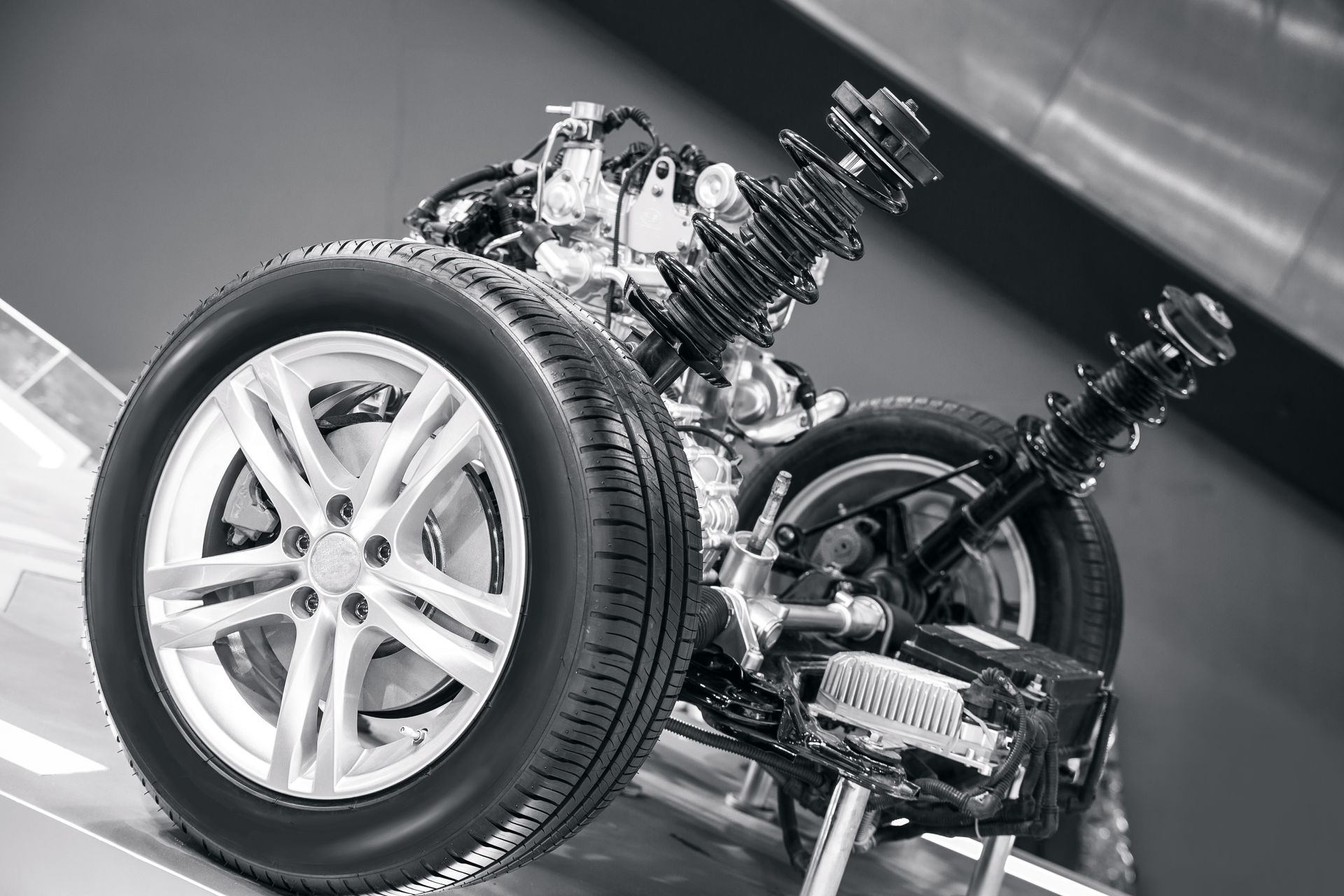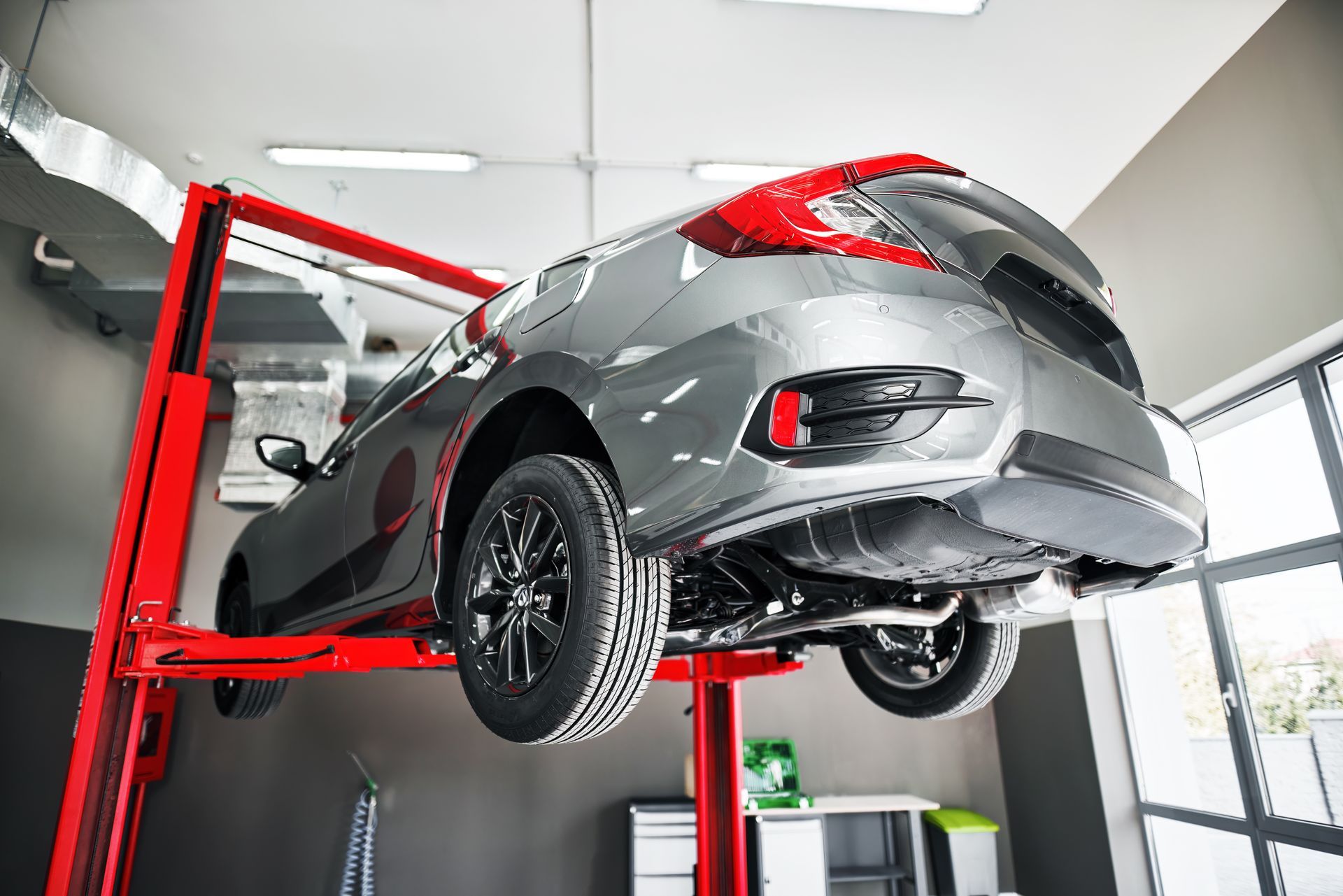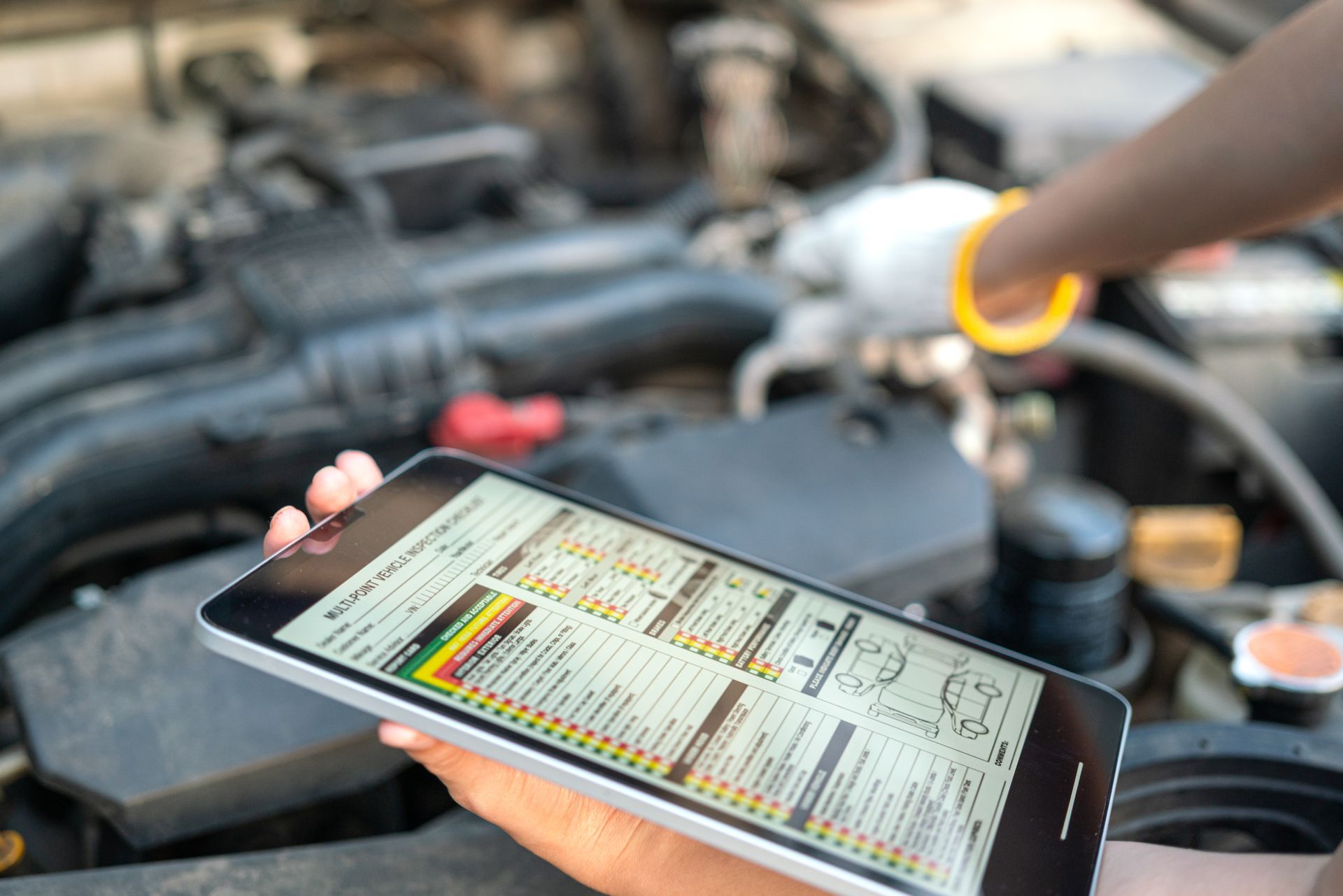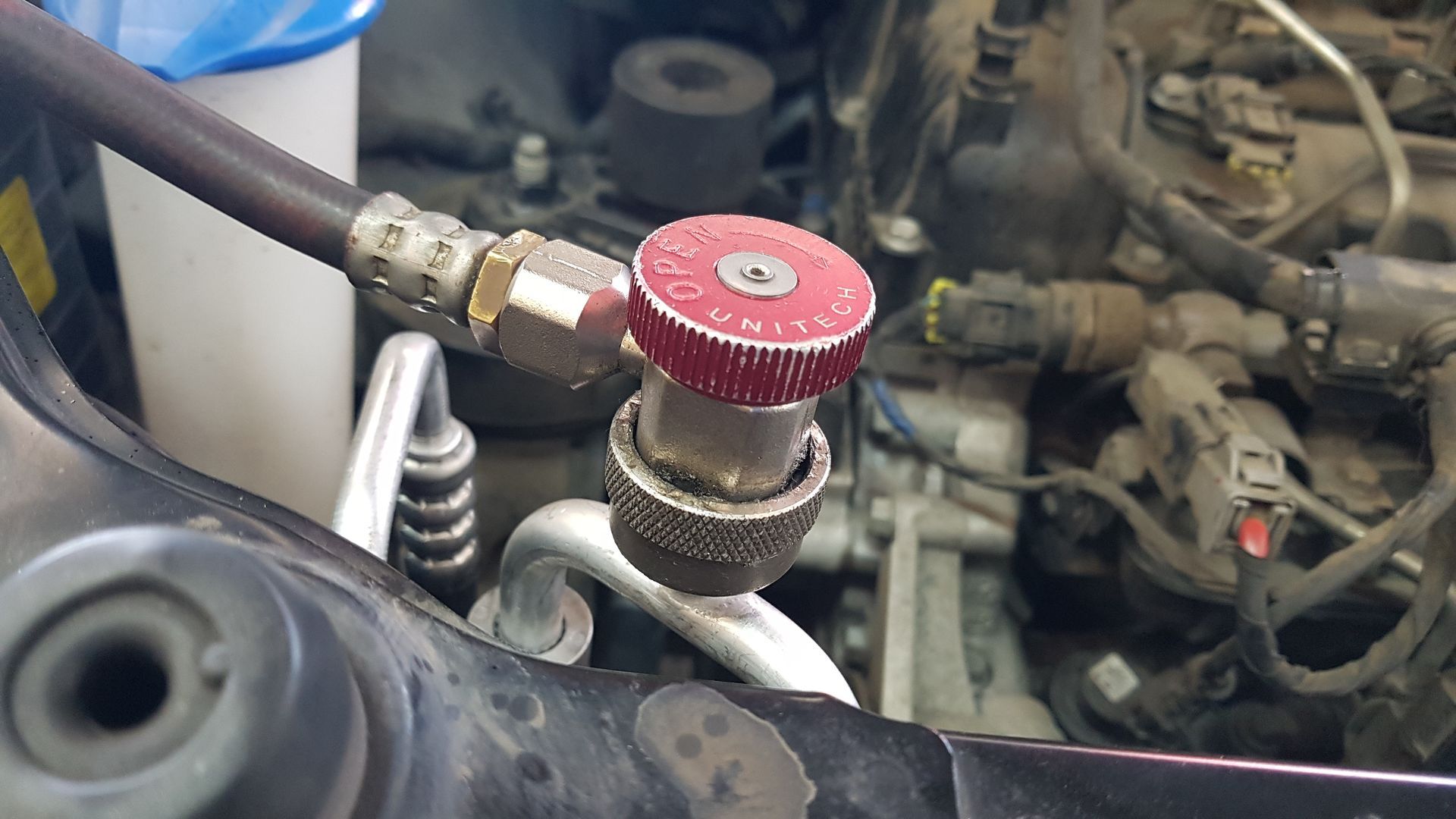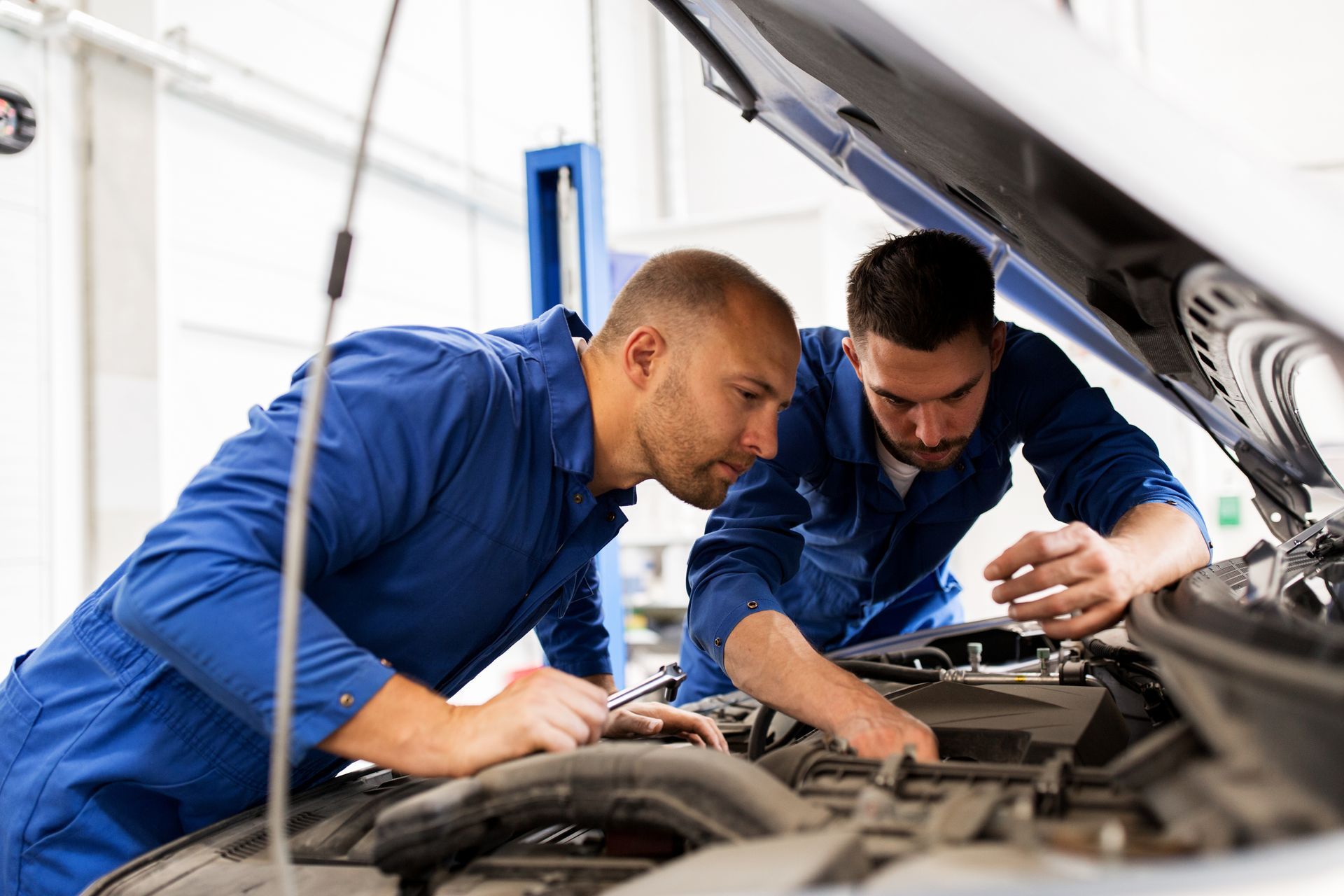Your vehicle's transmission, a complex mechanism of gears and components, demands attention to ensure smooth journeys on the asphalt stage. Here are seven essential tips to master the art of automatic transmission maintenance, empowering you to keep your drive alive.
1. Fluid Check
Transmission fluid silently circulates to cool, lubricate, and protect crucial components. Regularly check the fluid levels, ensuring they are within the recommended range. Low levels can lead to overheating, causing irreparable damage. Invest in quality fluid and adhere to the manufacturer's guidelines for replacements.
2. Inspections Are Key
Picture this: A small transmission issue left unaddressed can snowball into a major breakdown. To avoid such automotive dramas, conduct routine inspections of your transmission system. Listen for unusual sounds, pay attention to erratic shifts, and be vigilant about any fluid leaks. Identifying and addressing issues early can save you from costly repairs down the road.
3. Gentle Acceleration
Your driving habits influence the longevity of your automatic transmission. Avoid sudden acceleration or aggressive driving, as it puts unnecessary strain on the transmission components. Treat the accelerator pedal with finesse, allowing your vehicle to transition between gears smoothly. This mindful approach not only enhances performance but also extends the life of your transmission.
4. Cooling System Maintenance
In the automotive world, overheating is a nemesis that can wreak havoc on your vehicle's transmission. Keep your transmission cool by ensuring the proper functioning of the cooling system. Regularly inspect the radiator, coolant levels, and hoses. A well-maintained cooling system is your automatic transmission's shield against the scorching temperatures of prolonged drives.
5. Timely Filter Replacements
Within the intricate machinery of your transmission lies a filter, diligently working to sift out impurities and contaminants from the fluid. Over time, this filter can become clogged, affecting the transmission's efficiency. Regularly replace the transmission filter as part of your maintenance routine, ensuring that your automatic transmission breathes freely, unburdened by debris.
6. Mindful Towing
For those who navigate the roads with trailers in tow, understanding the delicate balance between power and strain is crucial. When towing, be mindful of your vehicle's towing capacity, as exceeding it can exert undue stress on the transmission. Opt for additional cooling mechanisms, such as transmission coolers, to safeguard your automatic transmission during towing endeavors.
7. Professional Check-ups
While DIY maintenance is commendable, periodic professional check-ups are indispensable. Entrust your vehicle to skilled technicians who can conduct comprehensive inspections, diagnose hidden issues, and perform intricate adjustments that escape the untrained eye. Professional attention ensures that your automatic transmission continues to perform its silent role with precision.
Some Questions You Might Have!
|How often should I check my automatic transmission fluid levels, and what type of fluid should I use?
Check fluid levels monthly and more frequently if you notice issues. Use the fluid specified in your owner's manual.
|Can aggressive driving impact my automatic transmission, and how can I adjust my driving habits?
Yes, aggressive driving stresses the transmission. Practice smooth acceleration, gentle braking, and mindful driving habits to extend transmission life.
|What signs indicate my automatic transmission needs professional attention?
Listen for odd sounds, watch for rough shifts, check for leaks, and be wary of burning smells or warning lights. Seek professional help promptly if you notice these signs.
When in need of repairs or maintenance procedures for your car, contact Steveo's Garage LLC, and we will take care of everything!
